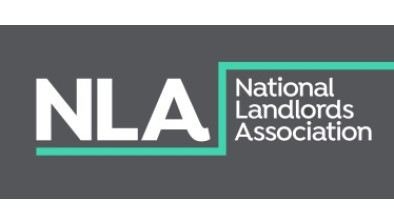England: Half of landlords ‘more likely to leave sector’ after tenancy reforms
Nearly half of landlords and letting agents in England and Wales claim they are more likely to remove some or all of their investment in the private rented sector because of UK government plans to end “no explanation” repossessions.

The findings come from a new survey by the Residential Landlords Association (RLA) of almost 6,500 landlords and letting agents, a month after the government announced plans to end Section 21 repossessions.
As well as 46% of landlords indicating they would partly or fully leave the sector, over 40% of landlords say they are waiting for other planned changes by the government to become clearer before they make decisions on their ability to provide homes to rent.
The government announced plans to end Section 21 repossessions last month, alongside proposals on improving the process known as Section 8, under which landlords can repossess properties on grounds such as rent arrears or anti-social behaviour. This process requires landlords to apply and be granted permission to repossess via the courts yet official data shows that it takes over five months on average from application to repossession.
According to the survey, of those landlords with experience of such repossessions, 79% did not consider the courts to be reliable. Almost 91% of landlords supported the establishment of a special housing court, bringing together all housing disputes under a single body.
With concerns that landlords selling property will usually require tenants to be evicted, the RLA’s survey found that 48% of respondents said that they would be encouraged to purchase a property to rent with a tenant in situ if they could reclaim the 3% stamp duty levy on the purchase of rental homes on the condition that the tenants can remain in the property for a year or more.
The survey also found widespread support for new grounds to be established upon which landlords can regain possession of a property.
David Smith, policy drector for the Residential Landlords Association, said: “Security of tenure means nothing unless the homes to rent are there in the first place. With the demand for private rented housing showing no signs of slowing down it is vital that landlords are confident that they can quickly and easily get back their property in legitimate circumstances.
“Whilst the system should clearly be fair to tenants, it needs also to support and encourage good landlords. Our survey shows how complex it will be to ensure that the grounds on which landlords can repossess properties are both clear and comprehensive. This needs to be underpinned by a court system that is fit for purpose and properly resourced. At present it is neither.
“It is vital that the Government’s planned reforms are carefully considered to avoid finding ourselves needing to reopen this whole issue later down the line.”








